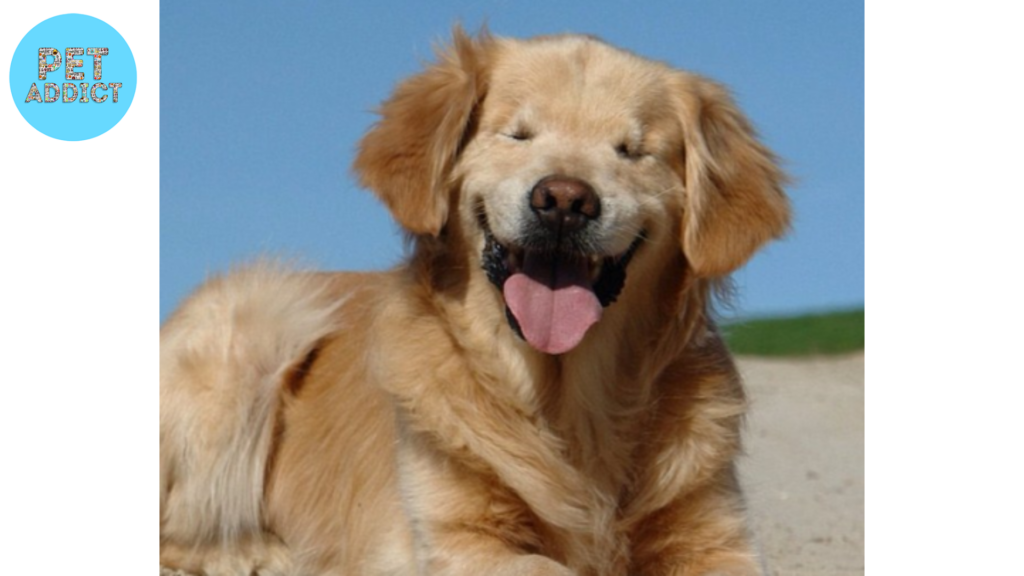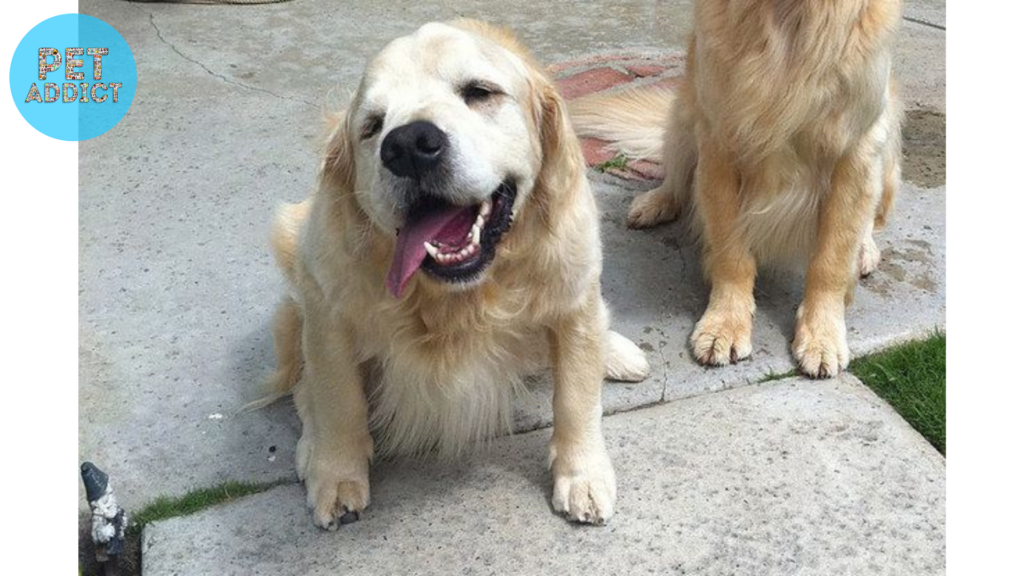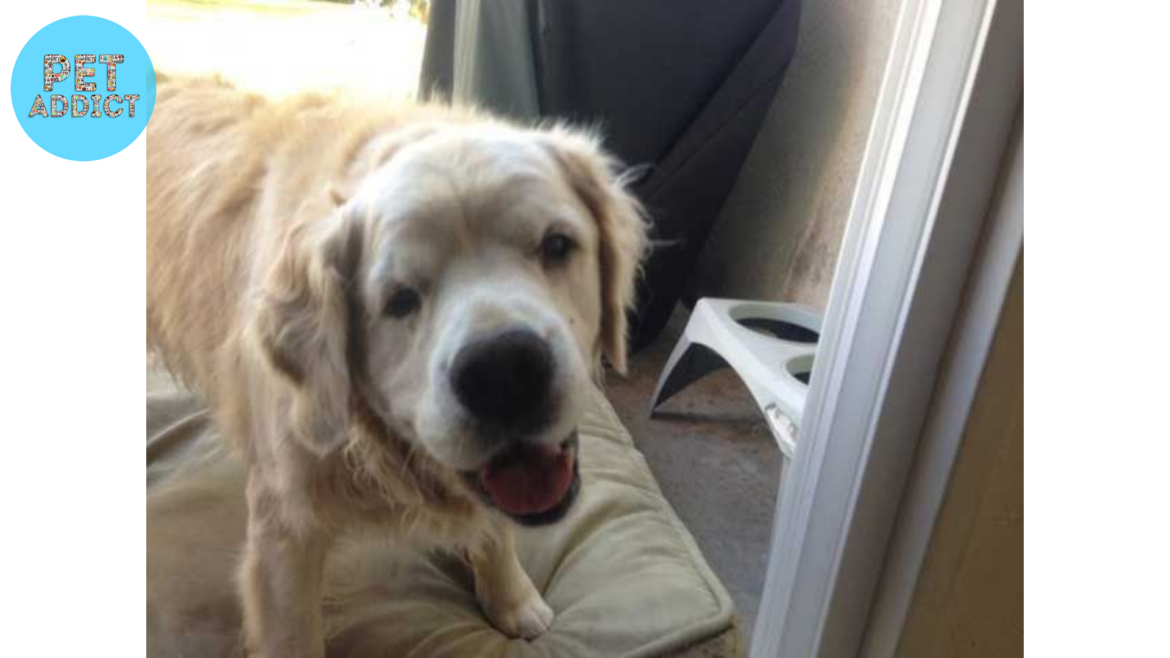Introduction: Understanding Down Syndrome in Dogs
Down syndrome is a genetic disorder that affects humans, but did you know that dogs can also have a similar condition? While the occurrence of Down syndrome in dogs is rare, it is essential to recognize and understand the challenges and care requirements that come with it. In this article, we will explore the characteristics of dogs with Down syndrome, how to identify the condition and provide guidance on their care and support.
PetAddict.net – The best place where you can find everything about your pet!
Identifying Dog with Down Syndrome
Just like humans, dogs with Down syndrome may exhibit physical and developmental characteristics that differ from their unaffected counterparts. These dogs often have distinct facial features, such as a flattened skull, upward-slanting eyes, and a shorter muzzle. Additionally, they might experience developmental delays, leading to slower growth, coordination difficulties, and delayed learning abilities.
Behaviorally, dogs with Down syndrome may display heightened anxiety, excessive barking, and difficulty with problem-solving tasks. Cognitive impairments can affect their ability to learn and respond to training commands. While these signs can vary among individuals, recognizing them is crucial for early intervention and tailored care.
Managing the Care of Dog with Down Syndrome

When caring for a dog with Down syndrome, it is vital to create a safe and supportive environment. Remove any potential hazards that could lead to injuries, and provide ample space for their comfort and mobility. Soft bedding and gentle play areas can help alleviate the physical strain caused by their condition.
Nutrition is also a critical aspect of their care. Consult with a veterinarian to develop a well-balanced diet that meets their specific needs. Regular exercise is essential for maintaining overall health and preventing weight gain, but it should be adjusted to accommodate their physical limitations.
Veterinary Care for Dogs with Down Syndrome
Regular veterinary check-ups are essential for dogs with Down syndrome. These visits allow for the monitoring of their health and the early detection of any potential issues. The veterinarian may recommend additional screenings or tests to ensure their well-being.
Dogs with Down syndrome are more prone to certain health conditions, such as heart defects, respiratory problems, and eye abnormalities. Timely intervention and appropriate treatments, as advised by the veterinarian, can help manage these conditions effectively.
Training and Socialization for Dogs with Down Syndrome

Training a dog with Down syndrome requires patience, consistency, and positive reinforcement techniques. Use reward-based methods to encourage desired behaviors and avoid punishment, which can cause distress and hinder their progress. Short training sessions, focusing on simple commands, can be more effective for their learning abilities.
Socialization is also crucial for their development. Gradually introduce them to new environments, people, and other animals, ensuring positive experiences. Controlled interactions with well-behaved dogs can help improve their social skills and overall confidence.
Support and Resources for Dog Owners
As a dog owner, it is important to connect with support groups and communities that understand the challenges and joys of having a dog with Down syndrome. These networks provide a platform to share experiences, seek advice, and find emotional support. Online resources, educational materials, and specialized services tailored for dogs with special needs are also available to aid in their care.
Challenges and Rewards of Owning a Dog with Down Syndrome

Owning a dog with Down syndrome comes with unique challenges, but it can also be incredibly rewarding. These dogs have a special place in their owners’ hearts, and the bond that forms between them can be deeply profound. While there may be hurdles along the way, the joy and love they bring into their owners’ lives make every moment worthwhile.
Conclusion
In conclusion, understanding and caring for dogs with Down syndrome requires knowledge, patience, and a compassionate approach. By recognizing the physical and behavioral characteristics, providing appropriate care and training, and accessing support networks, dog owners can offer these special animals a fulfilling and enriched life. Dogs with Down syndrome teach us the importance of acceptance and celebrate the diversity found within the canine world.
FAQs
1. Can dogs with Down syndrome live a normal lifespan? Yes, with proper care and regular veterinary check-ups, dogs with Down syndrome can live fulfilling lives similar to their unaffected counterparts.
2. Are certain dog breeds more prone to Down syndrome? While Down syndrome can affect any breed, some breeds, such as Bulldogs and Boxers, are more commonly associated with the condition.
3. Can dogs with Down syndrome be trained like other dogs? Yes, dogs with Down syndrome can be trained, but it requires patience, consistency, and positive reinforcement techniques tailored to their specific needs.
4. Is it possible to adopt a dog with Down syndrome? Yes, there are rescue organizations and shelters dedicated to finding homes for dogs with special needs, including those with Down syndrome.
5. How can I support and raise awareness about dogs with Down syndrome? You can support and raise awareness by sharing their stories, promoting responsible pet ownership, and advocating for inclusive policies in the pet community.




